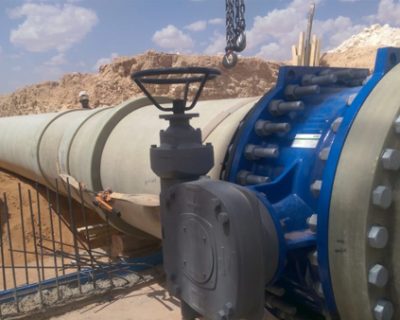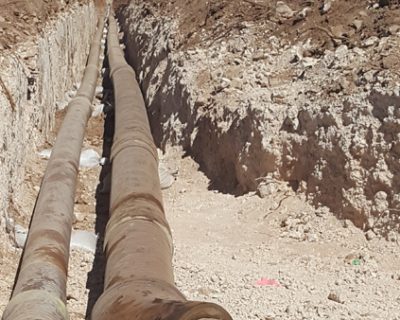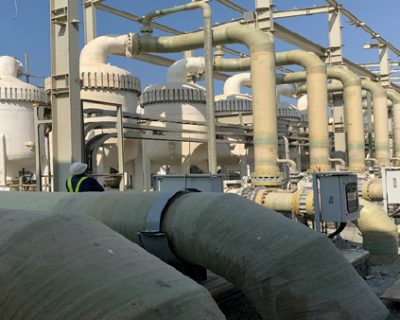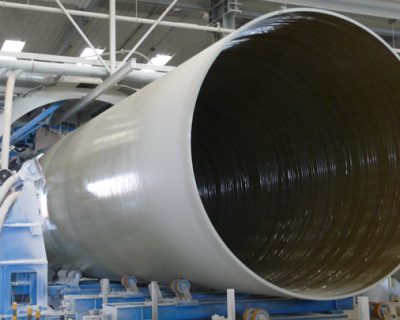Blog
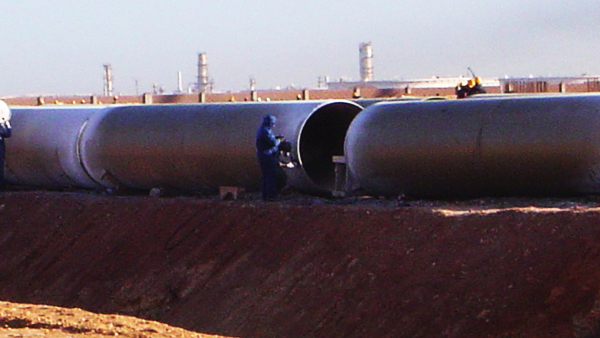
A Deep Dive into GRP and FRP Piping in Marine Engineering
In the world of marine engineering, the materials chosen for piping systems play a crucial role in ensuring the safety, efficiency, and longevity of vessels and offshore structures. Glass Reinforced Plastic (GRP) and Fiber Reinforced Plastic (FRP) piping systems are popular choices in the marine industry due to a handful of specific features. Here are a few of the applications.
GRP piping applications in the Marine industry
GRP piping is commonly used in marine engineering for various applications.
Ballast systems: GRP piping is commonly used in ballast systems in marine vessels. The corrosion-resistant properties of GRP make it an ideal choice for transporting seawater and other fluids used for ballasting purposes.
Cooling systems: GRP piping is also widely used in cooling systems on ships. Its lightweight nature and resistance to corrosion make it a suitable option for transporting coolant fluids efficiently.
Bilge and wastewater systems: GRP piping is often utilized in bilge and wastewater systems on marine vessels. Its non-corrosive properties ensure the longevity of the pipes, even when exposed to harsh conditions.
Firefighting systems: The fire-resistant characteristics of GRP piping make it a preferred choice for firefighting applications onboard ships. It can withstand high temperatures without compromising its structural integrity.
FRP piping applications in the marine industry
Fuel systems: FRP piping is often used in fuel systems on marine vessels. Its resistance to corrosion and ability to handle high-pressure fluids make it a reliable choice for transporting fuel.
Hydraulic systems: FRP piping is commonly utilized in hydraulic systems on ships. Its lightweight nature and flexibility allow for easy installation and maintenance.
Ventilation systems: FRP piping is an excellent option for ventilation systems on marine vessels due to its corrosion-resistant properties. It can effectively transport air and gases while withstanding the harsh marine environment.
Chemical handling systems: The chemical resistance of FRP piping makes it suitable for handling various chemicals onboard ships. It can safely transport corrosive substances without degradation or leakage.
GRP and FRP pipes are composed of a matrix, usually a polymer resin, reinforced with glass or other fibers. Their strength, durability, and resistance to harsh marine environments make them ideal candidates for various marine engineering applications.


